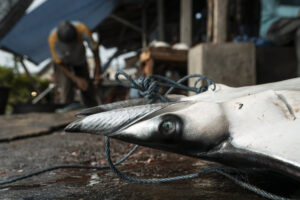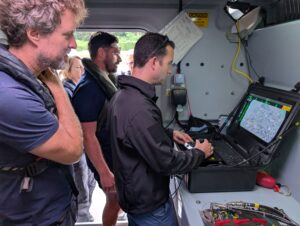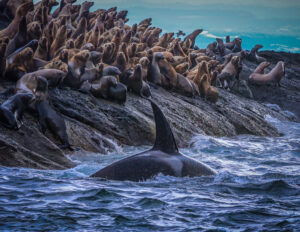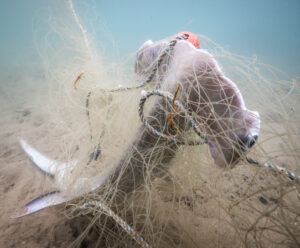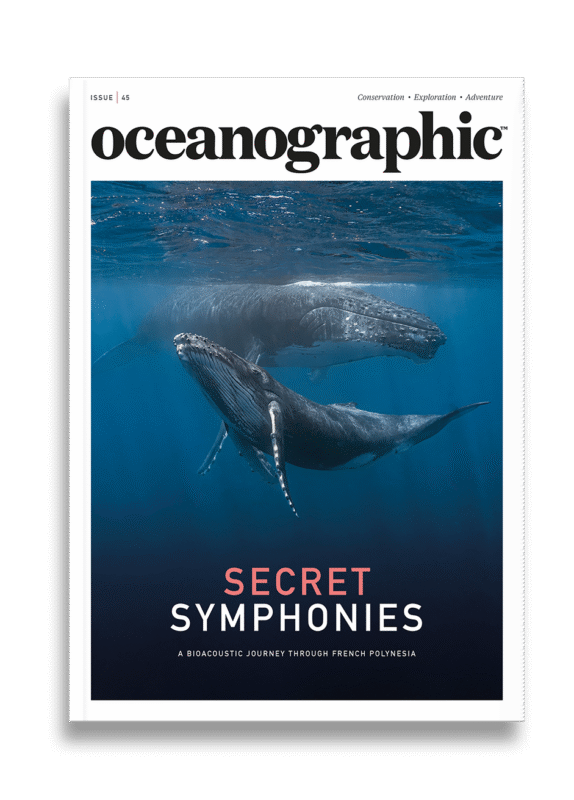Stalled at 1,000m: Mediterranean misses deep-sea turning point
Mediterranean nations have fallen short of expectations at this year’s meeting of the General Fisheries Commission for the Mediterranean (GFCM), missing what conservation groups call a “critical opportunity” to safeguard the region’s deep-sea ecosystems.
Mediterranean nations have fallen short of expectations at this year’s meeting of the General Fisheries Commission for the Mediterranean (GFCM), missing what conservation groups call a “critical opportunity” to safeguard the region’s deep-sea ecosystems from destructive fishing practices.
Despite mounting scientific evidence supporting stronger protections, the GFCM opted not to extend the current ban on bottom trawling below 1,000 metres, a measure environmental organisations had hoped would be deepened to 800 metres.
The decision, or lack thereof, drew criticism from Oceana and MedReAct, who warned that inaction threatens to derail the GFCM’s own 2023 commitment to expand deep-water protection by 2025. Both organisations pointed to regional pilot studies, led by the GFCM and supported by the European Union, which showed clear ecological benefits from broader bans – with minimal economic impact on fishers.
“We urge the EU in particular to show leadership and to promote the expansion of the Mediterranean deep-sea trawl ban to at least 800 metres in 2026,” said Helena Álvarez, Senior Marine Scientist at Oceana in Europe. “Protecting Mediterranean deep-sea habitats is central to international commitments and in line with the best available science.”
The EU has been a key proponent of research into deep-sea trawling impacts, aligning with its Biodiversity Strategy and the GFCM 2030 Strategy, both of which call for additional Fisheries Restricted Areas (FRAs) to protect vulnerable marine habitats and rebuild depleted fish stocks. Extending protections, advocates say, would not only aid the recovery of overfished species such as deep-sea shrimps but also strengthen the Mediterranean’s resilience to climate change – since deep-sea ecosystems play a vital role in carbon storage and regulation.
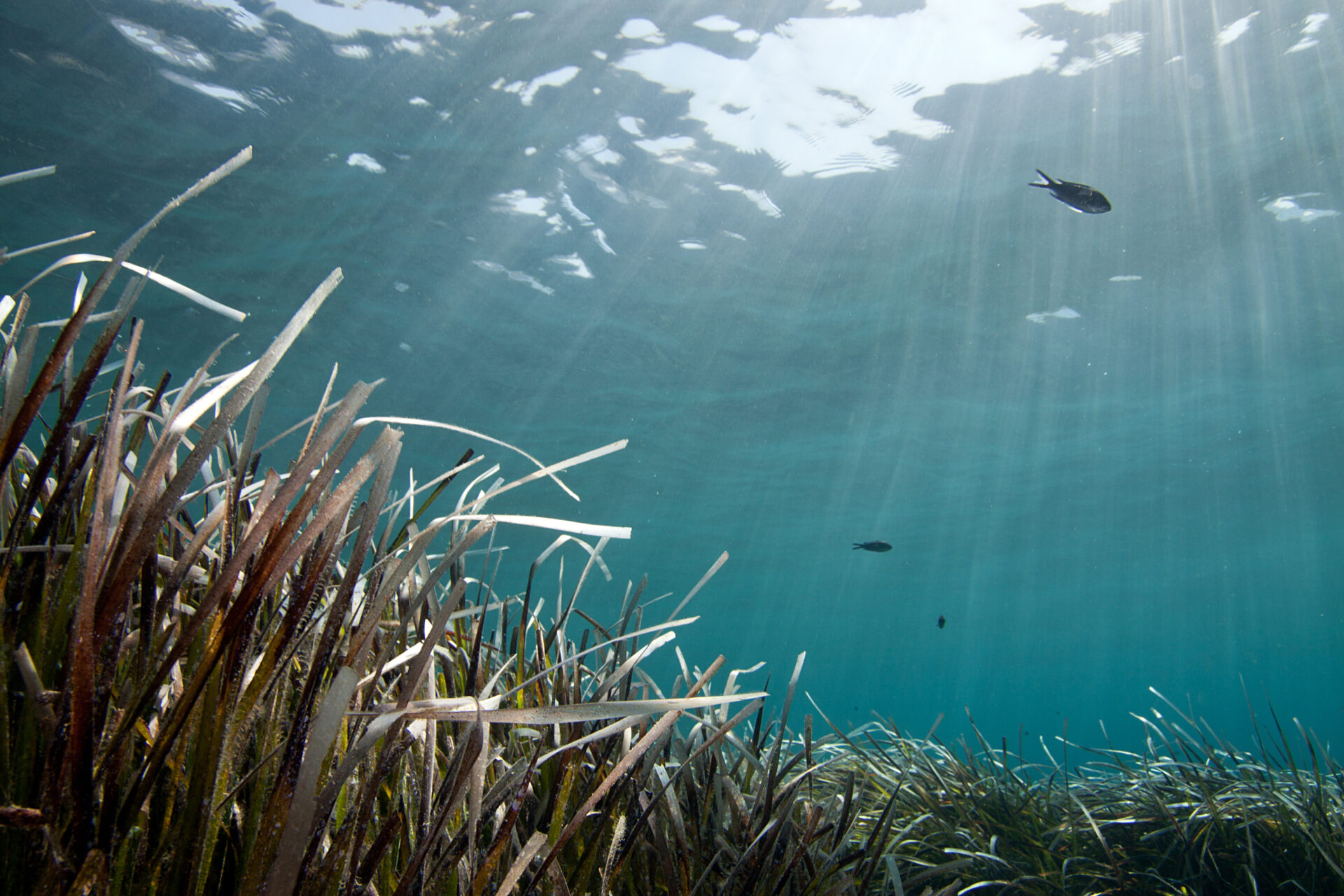
“The state of the Mediterranean Sea is declining at an alarming rate,” said Domitilla Senni, Executive Director at MedReAct. “Yet countries continue to tolerate destructive fisheries in vulnerable deep-sea ecosystems. Sustainable fisheries demand urgent, bold, and long-term measures that benefit both marine life and coastal communities.”
Recent pilot projects in Egypt, France, Greece, Malta, Spain, and Tunisia demonstrated that extending the trawl ban to 800 metres would protect an additional 100,000 square kilometres of deep-sea habitat, including coral and sponge communities, without significant loss to fishing operations.
The GFCM’s Scientific Advisory Committee has echoed these findings, concluding that a deeper ban would bolster stock recovery and conserve fragile species and habitats.
Globally, the call for stronger deep-sea protection is gaining momentum. In October, the International Union for Conservation of Nature (IUCN) World Conservation Congress passed two motions urging the protection of vulnerable marine ecosystems from destructive fishing methods.
Yet in the Mediterranean, progress risks stalling. Conservationists warn that as climate change pushes marine species into deeper waters and fishing technology allows fleets to follow, the absence of stronger safeguards could erase years of scientific and policy advances.
Oceana and MedReAct are now urging both the EU and the GFCM to adopt a precautionary approach and extend deep-sea protections without delay – arguing that the future health of the Mediterranean, and the livelihoods it sustains, depend on it.


"*" indicates required fields
Printed editions
Current issue
Back issues
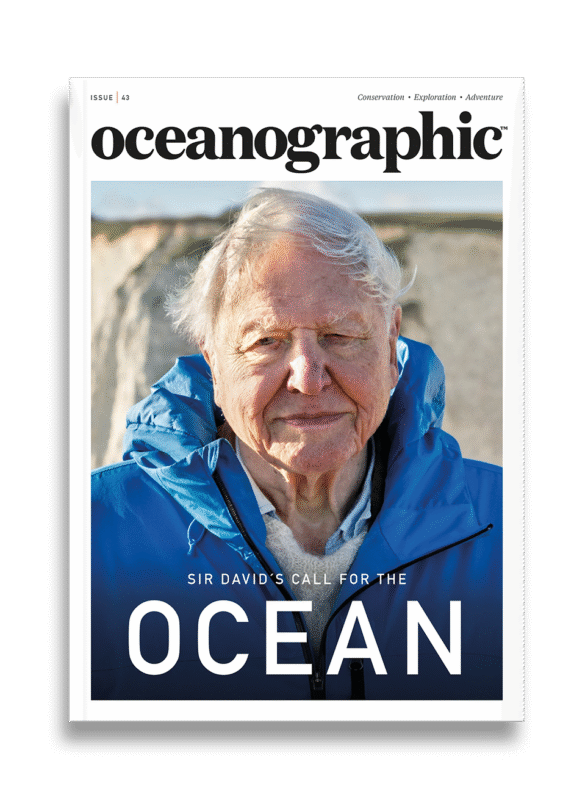
Back Issues
Issue 43 Sir David Attenborough’s ‘Ocean’

Back Issues
Issue 41 Holdfast to the canopy
Enjoy so much more from Oceanographic Magazine by becoming a subscriber.
A range of subscription options are available.

